WASHINGTON, D.C. — As armed federal agents and military personnel continue to patrol neighborhoods across the nation’s capital, many residents are voicing alarm over what they see as an unprecedented overreach of federal power. For some, the most troubling aspect is the Pentagon’s decision to allow troops to carry firearms while on duty in the District.
Prayer Vigil Becomes Rallying Point
On Thursday evening, hundreds gathered in Southeast Washington for an interfaith prayer vigil that doubled as a protest. Faith leaders, community advocates, and neighbors came together to denounce the increased militarization of the city and to support those who feel most at risk under the heavy federal presence.
“You’re taking our jobs, our food programs. You’re snatching up our citizens, and we’re saying enough is enough,” declared Rev. Patricia Fears of Fellowship Baptist Church, her words echoed by chants from the crowd.
For organizers, the vigil was about more than prayer. It was a chance to show solidarity with immigrant, Black, and brown communities, who many say are being disproportionately impacted by federal enforcement actions.
“To those who are scared to leave for different reasons, I say: I’m here with you. I’m praying with you, I’m thinking of you,” said Jason Carson-Wilson, a longtime community advocate.
Echoes of Past Struggles
For veteran activists like Jim Sweeney, 79, the gathering felt like a continuation of decades of resistance.
“It seems like I’ve been coming to a lot of demonstrations for 50 years,” Sweeney said. “But at 79, this one was the most important.”
Others noted that the presence of armed federal troops represents a turning point. Lydia Curtis, a D.C. resident, said the community must harness its collective energy.
“These kinds of gatherings are so important for people to not only connect but to galvanize their power,” Curtis explained. “I think arming troops is a license to kill, and I feel like it’s very dangerous.”
Youth Express Fear and Frustration
The decision to allow federal troops to carry firearms has sparked particular concern among young people, many of whom say they feel targeted.
Kyle Washington, 15, described a chilling encounter near his home. “Just shock — them running up and down the hill with guns in their hands,” he said. “They’re out here messing with youth because they look a certain way, dress a certain way.”
Advocates warn that these interactions are leaving lasting scars on the next generation, deepening mistrust between youth and law enforcement.
Community Groups Step In
Local nonprofits have shifted their focus to help young people navigate the new reality. Guns Down Friday, a group known for its gun violence prevention work in Southeast D.C., has recently begun offering workshops to prepare teens and families for interactions with federal agents.
“Not everyone knows everything, so it’s cool to spread the knowledge, spread the love,” said a mentor who goes by Big Macky.
Washington, who now attends the group’s sessions, said the guidance has been invaluable. “It makes me feel better to know people are actually out here to help us and help kids learn their rights,” he said. “To have extra support when you’re dealing with mental stress and more — it really comes in handy.”
A City on Edge, But Standing Together
For many, the growing federal presence has created a tense atmosphere in everyday life. Parents say they worry about their children walking home from school, while activists warn that public trust is eroding quickly.
Yet amid the anxiety, community leaders insist there is strength in unity. They say gatherings like the vigil are a reminder that residents still have a voice, even as they feel overshadowed by federal authority.
More Protests Planned
Organizers have announced that additional rallies and demonstrations are planned throughout the weekend in neighborhoods across the city. Their message is clear: the community will continue to push back until its concerns are addressed.
For many D.C. residents, the fight is about more than opposing armed troops. It is about affirming their right to self-determination and demanding that the voices of local communities not be drowned out by federal power.
As Rev. Fears told the crowd, “We are stronger together — and together, we will be heard.”

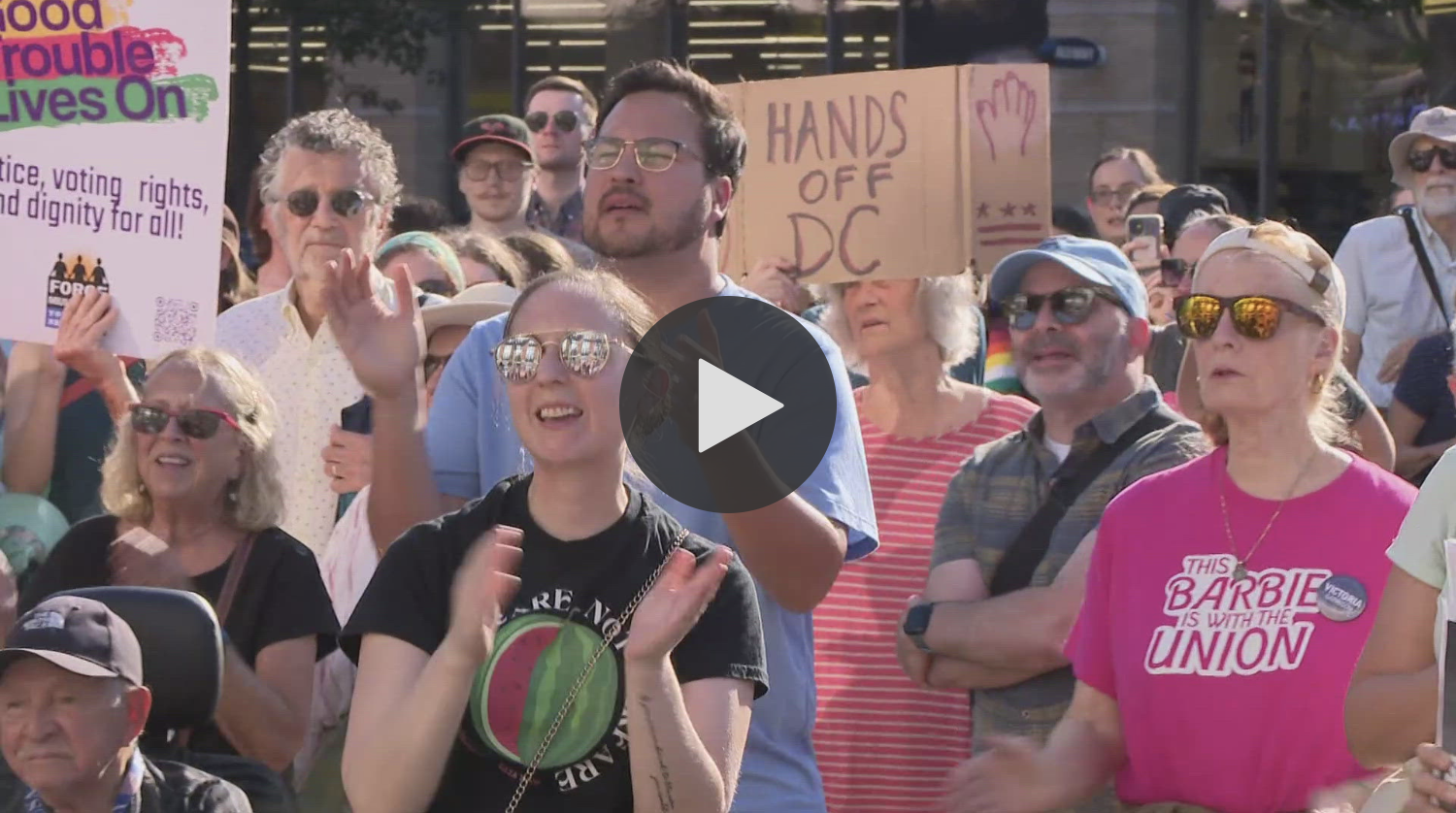
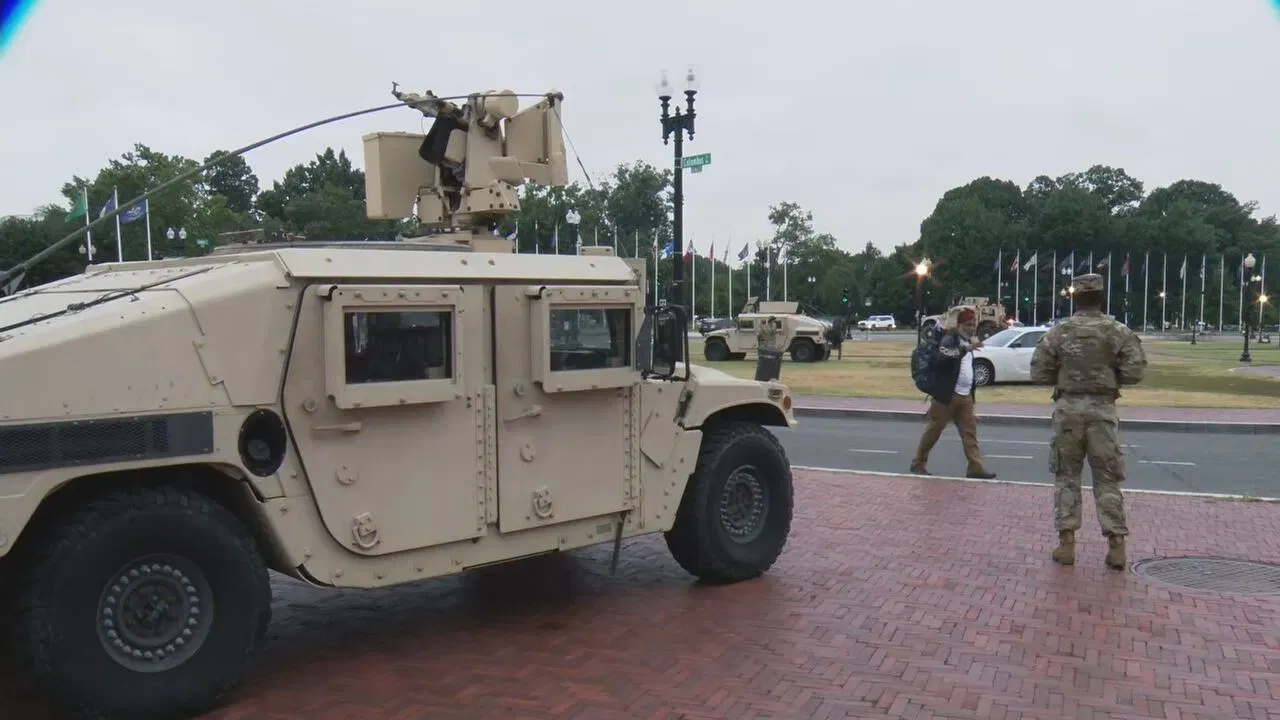
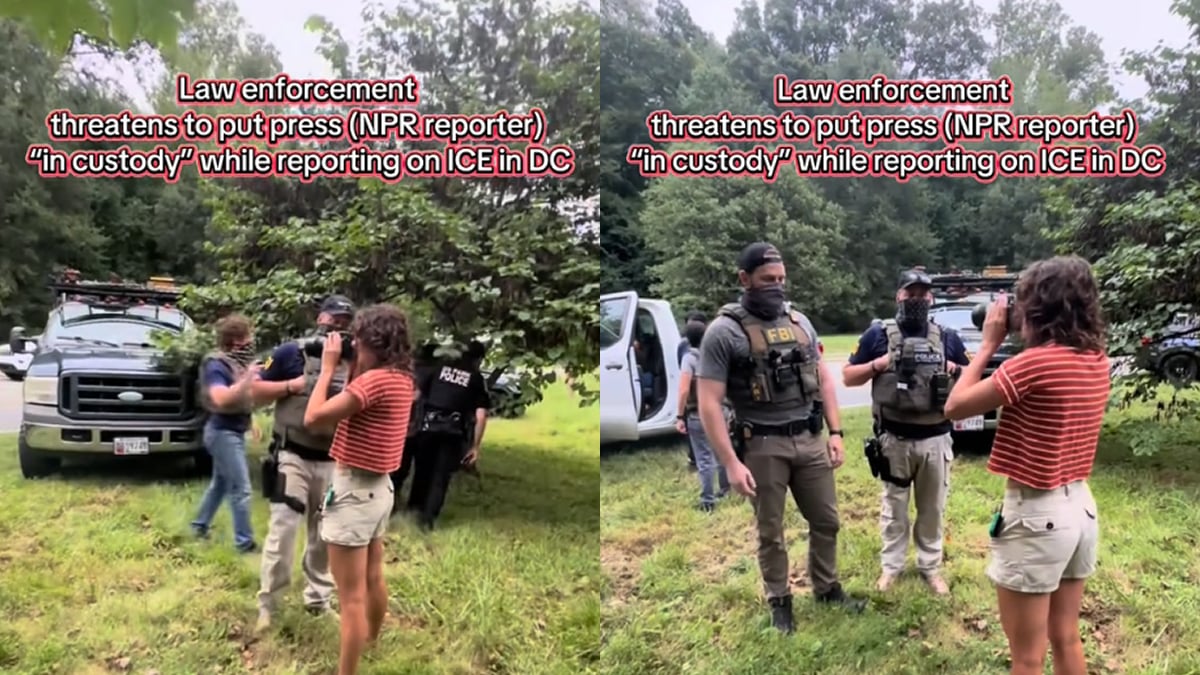
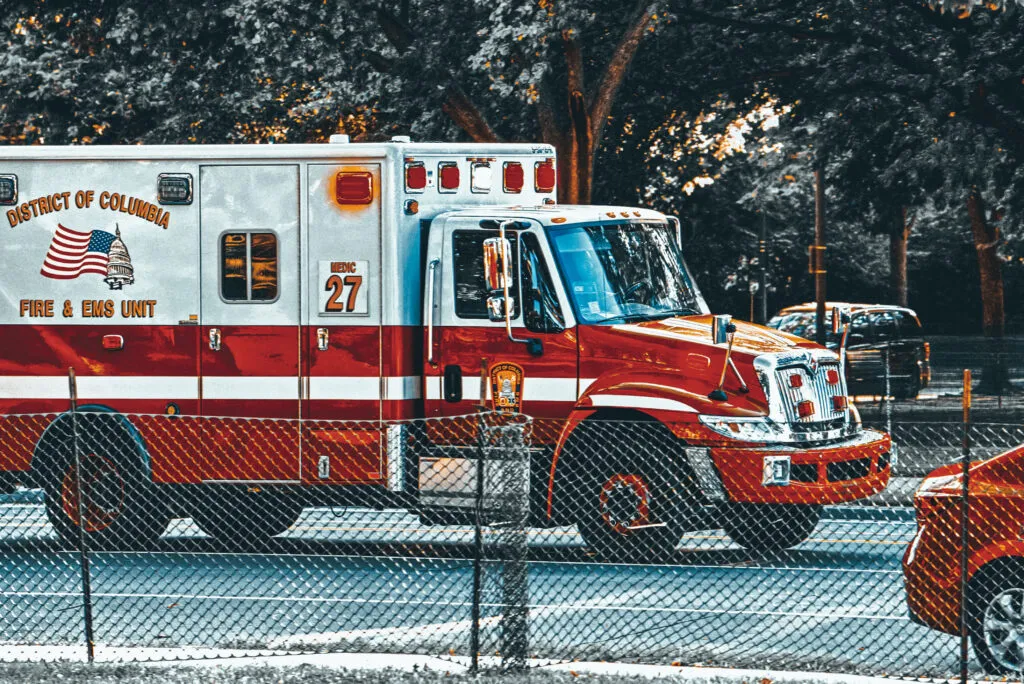

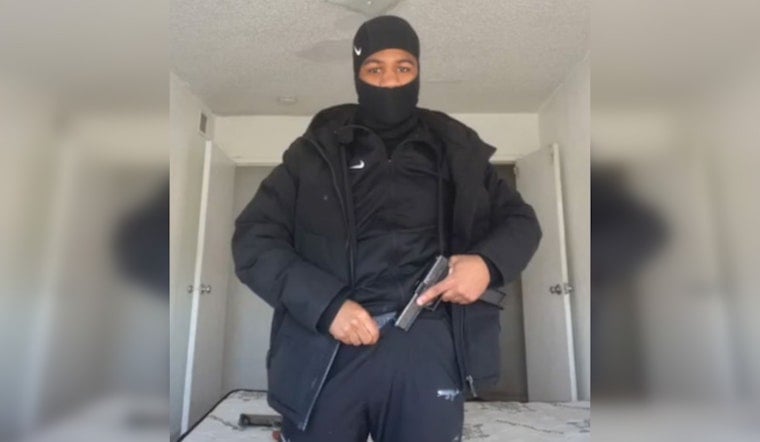
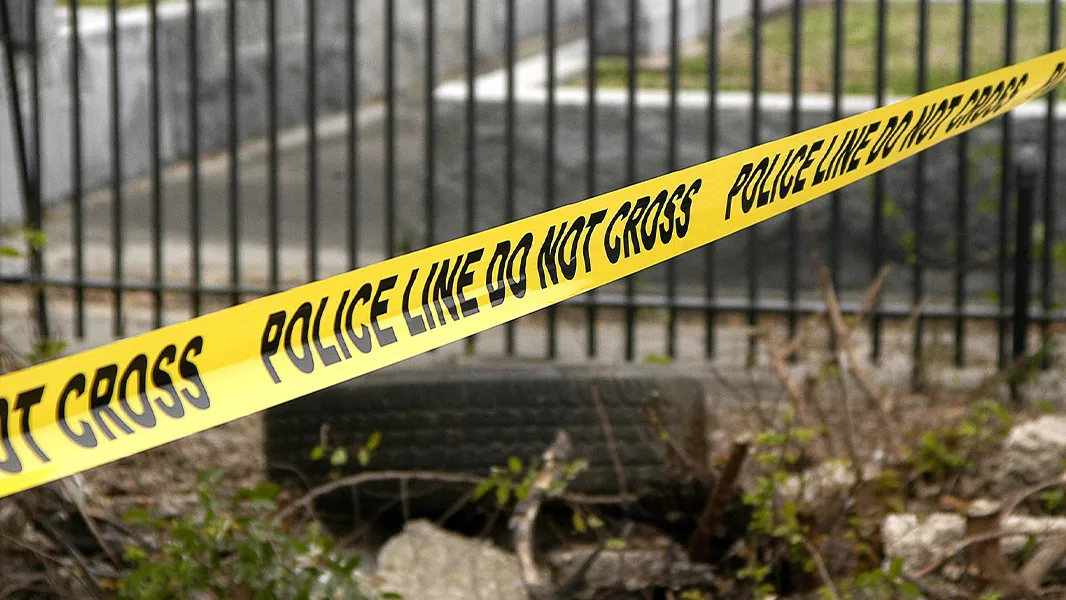
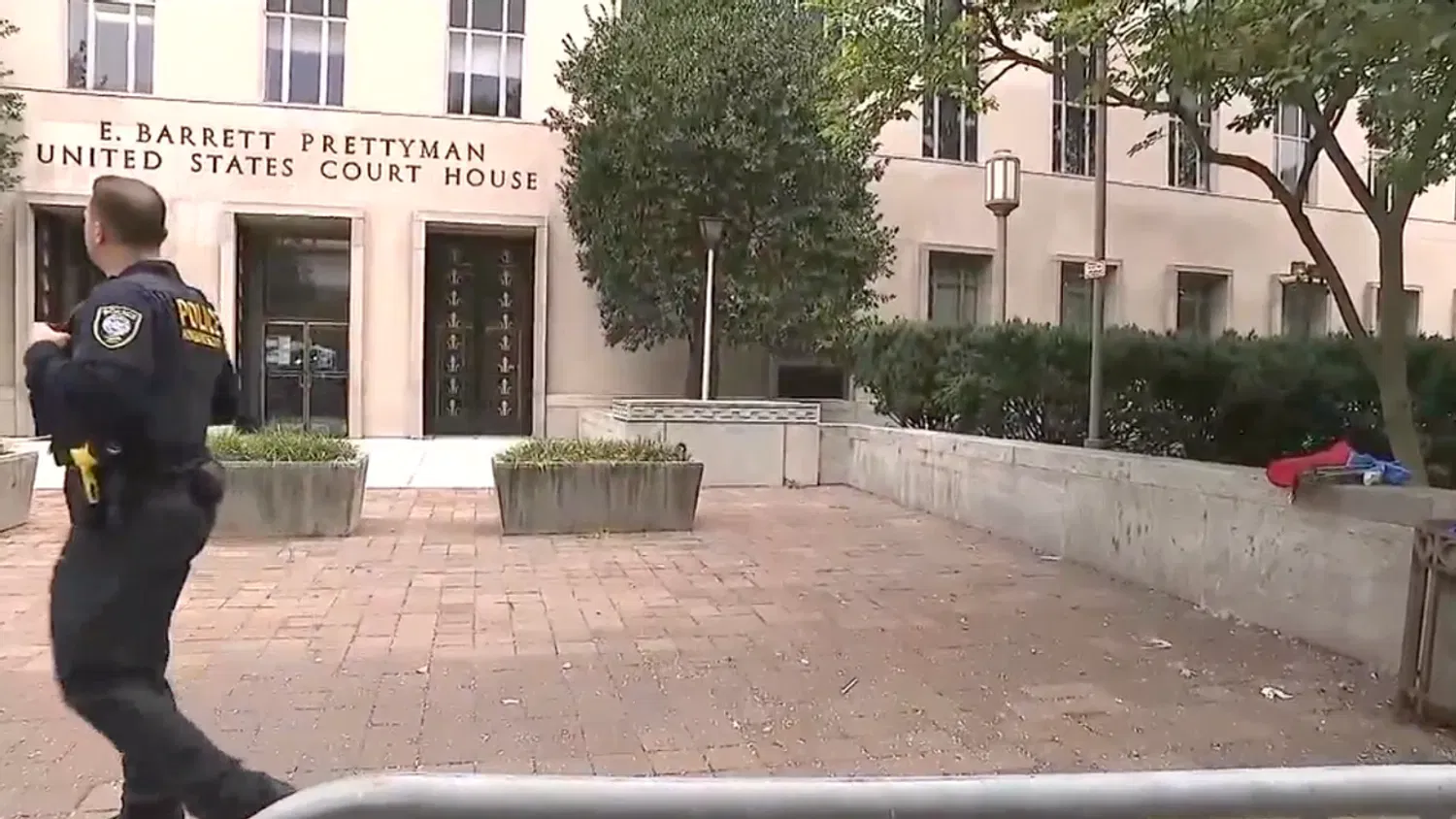
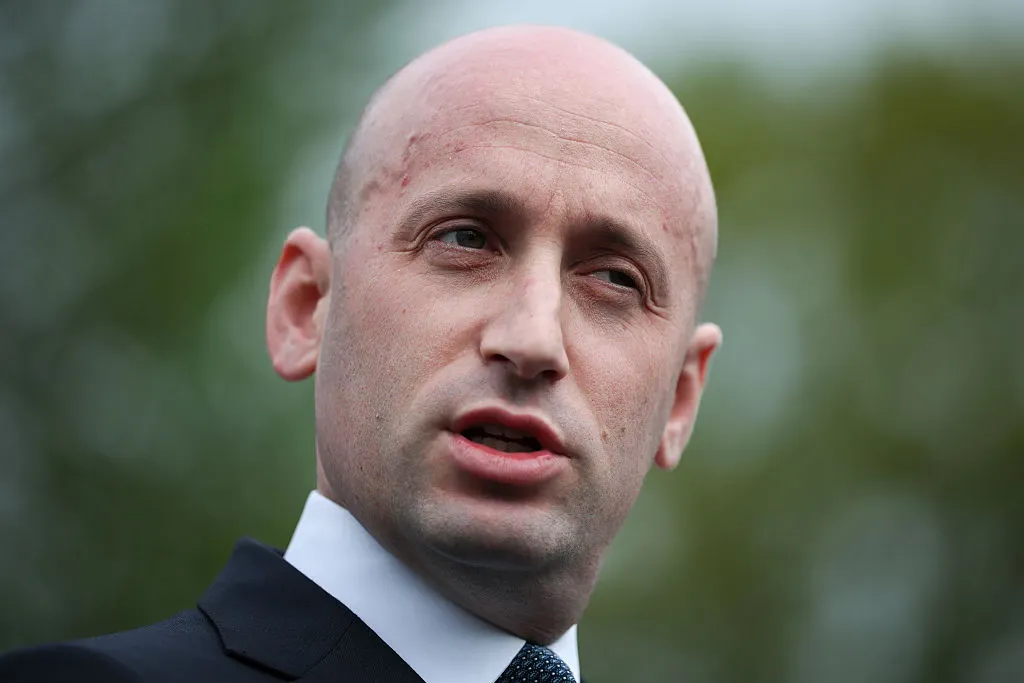
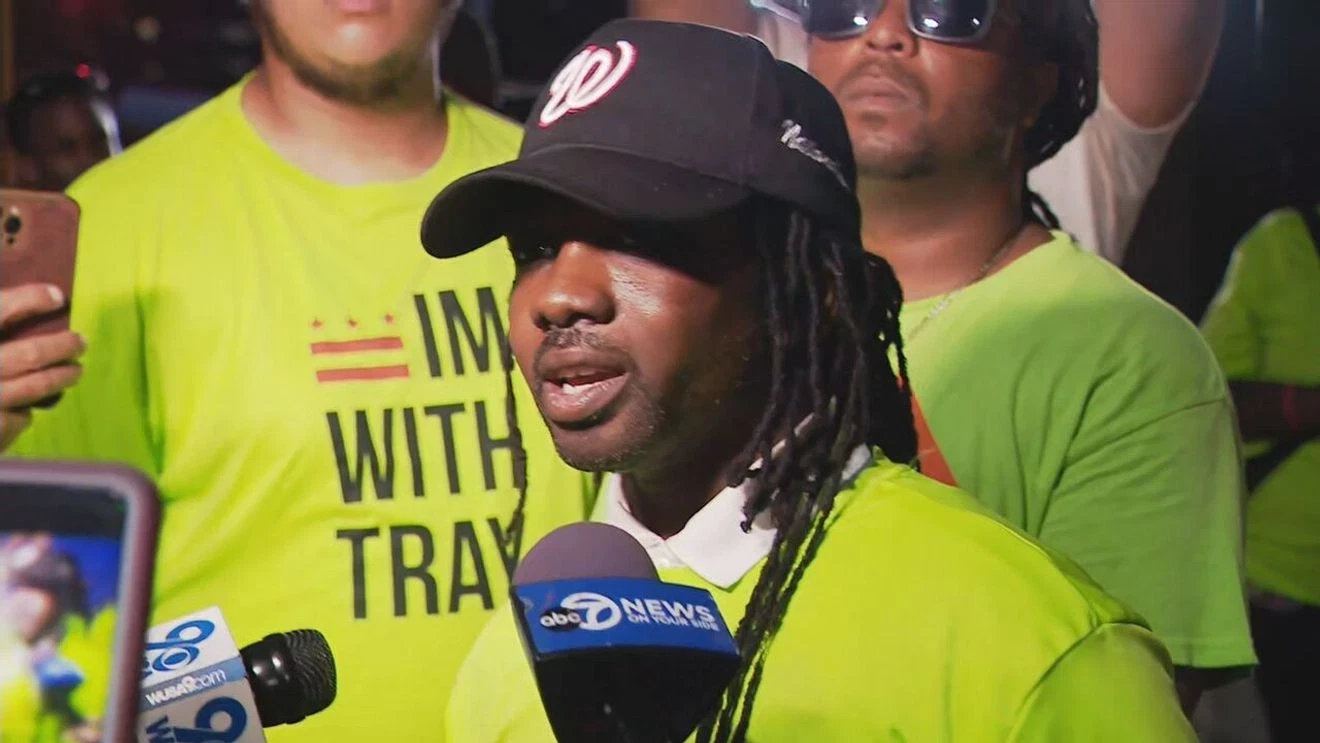
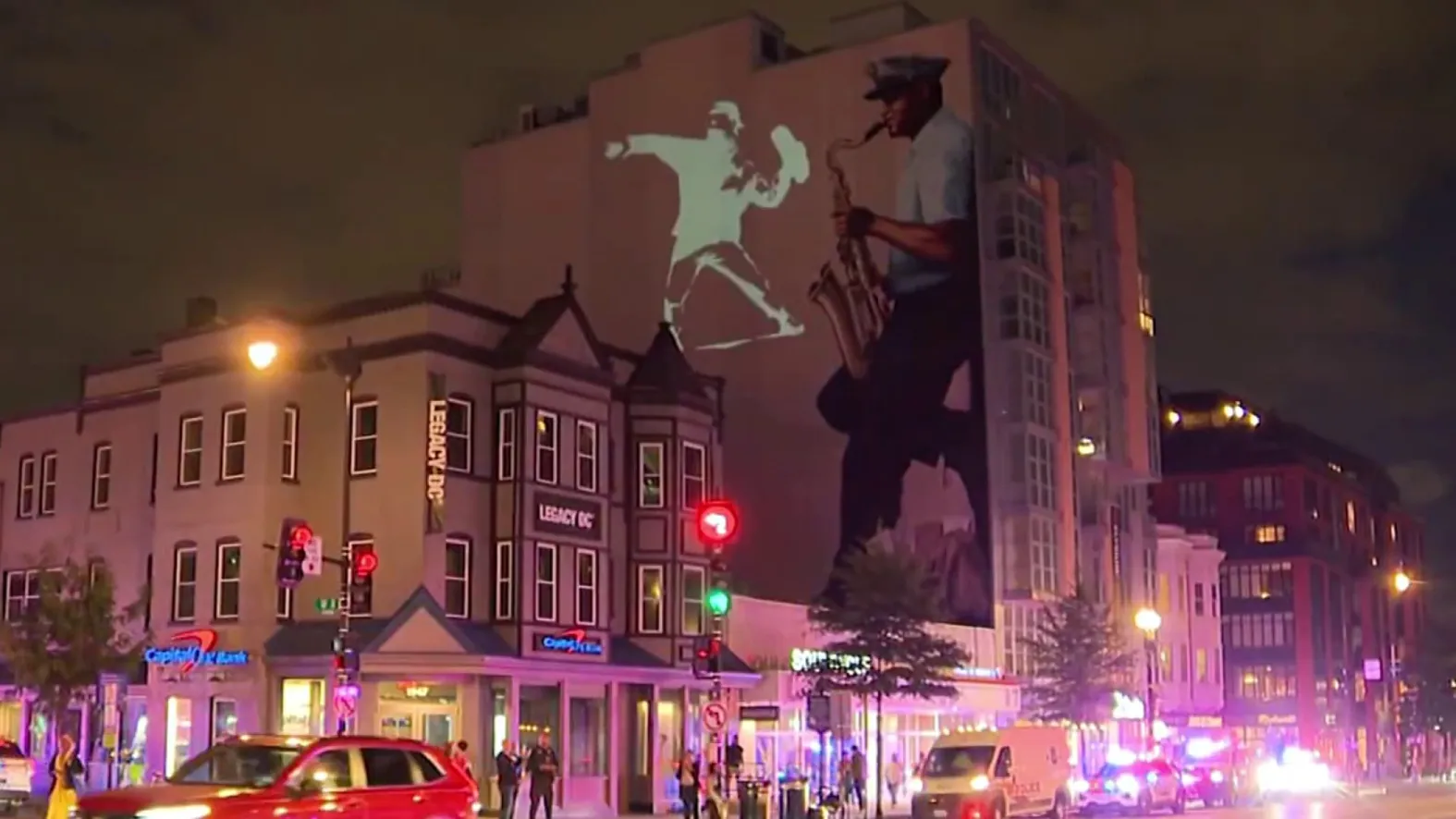
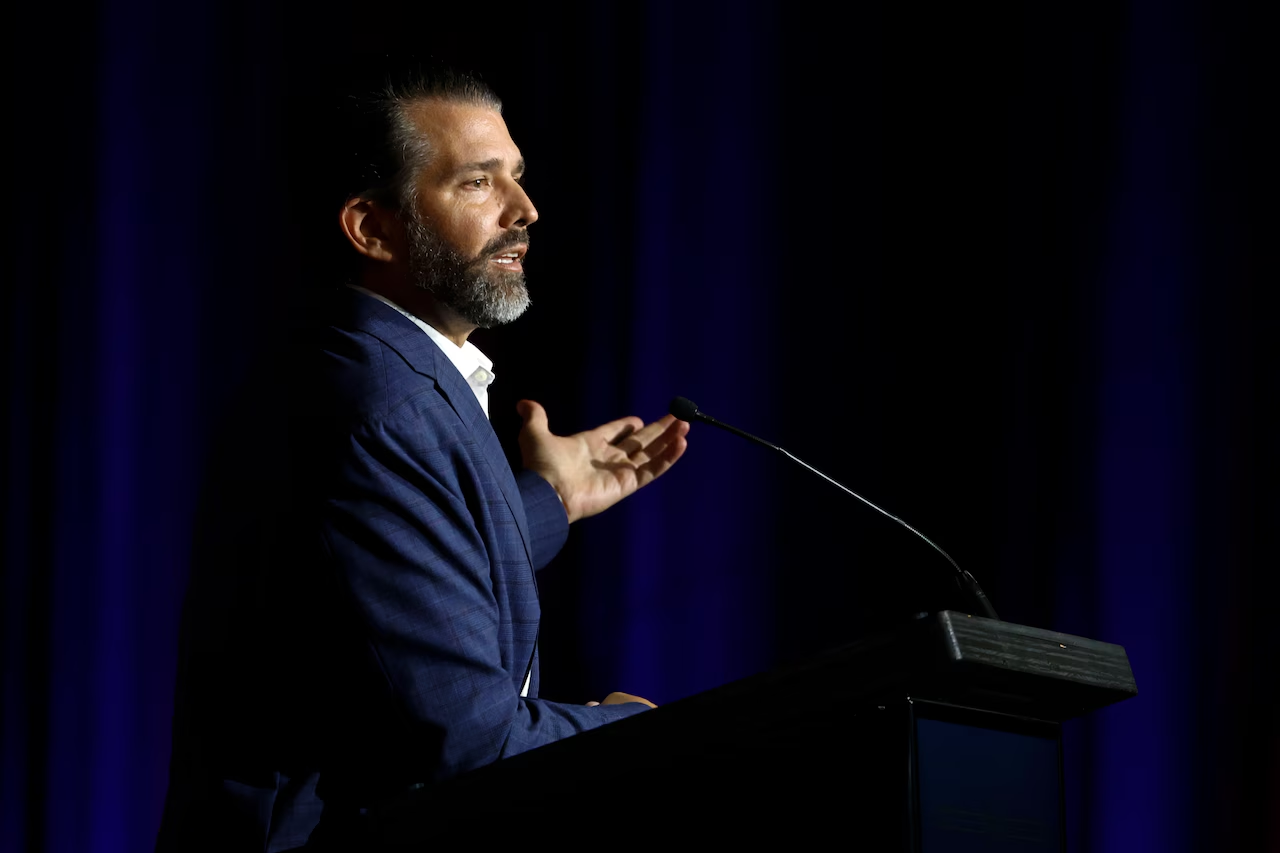
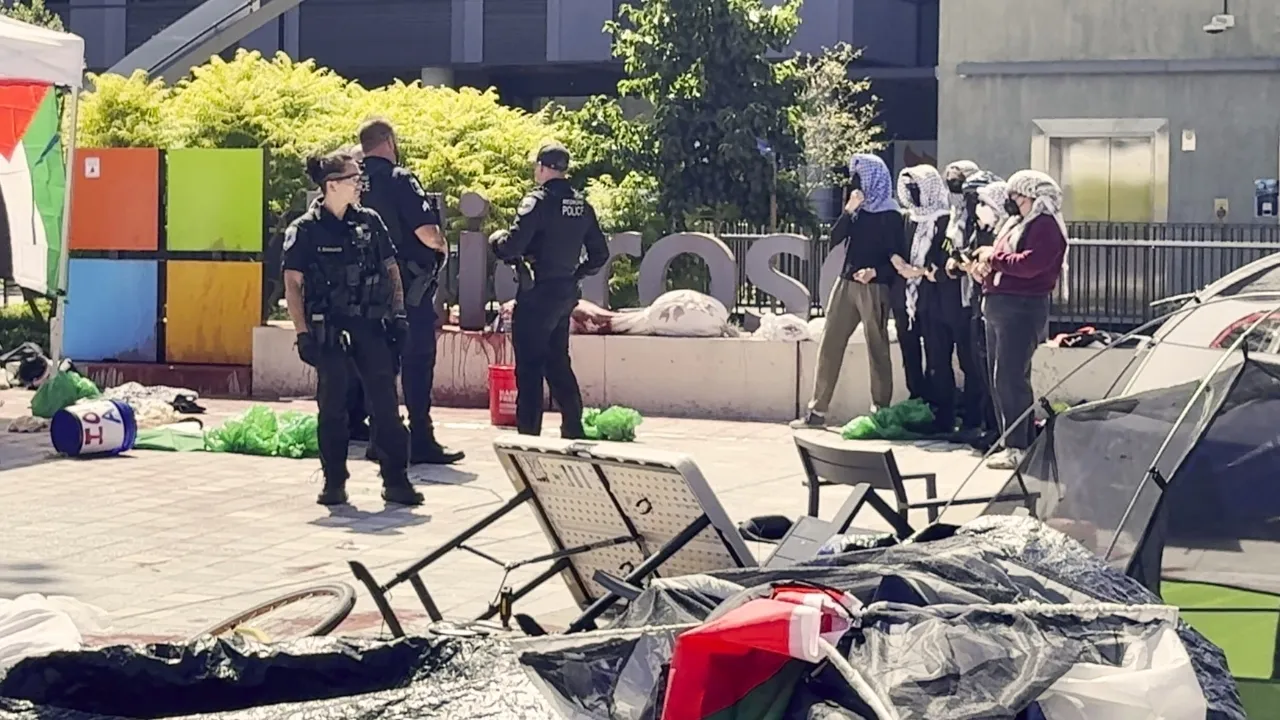
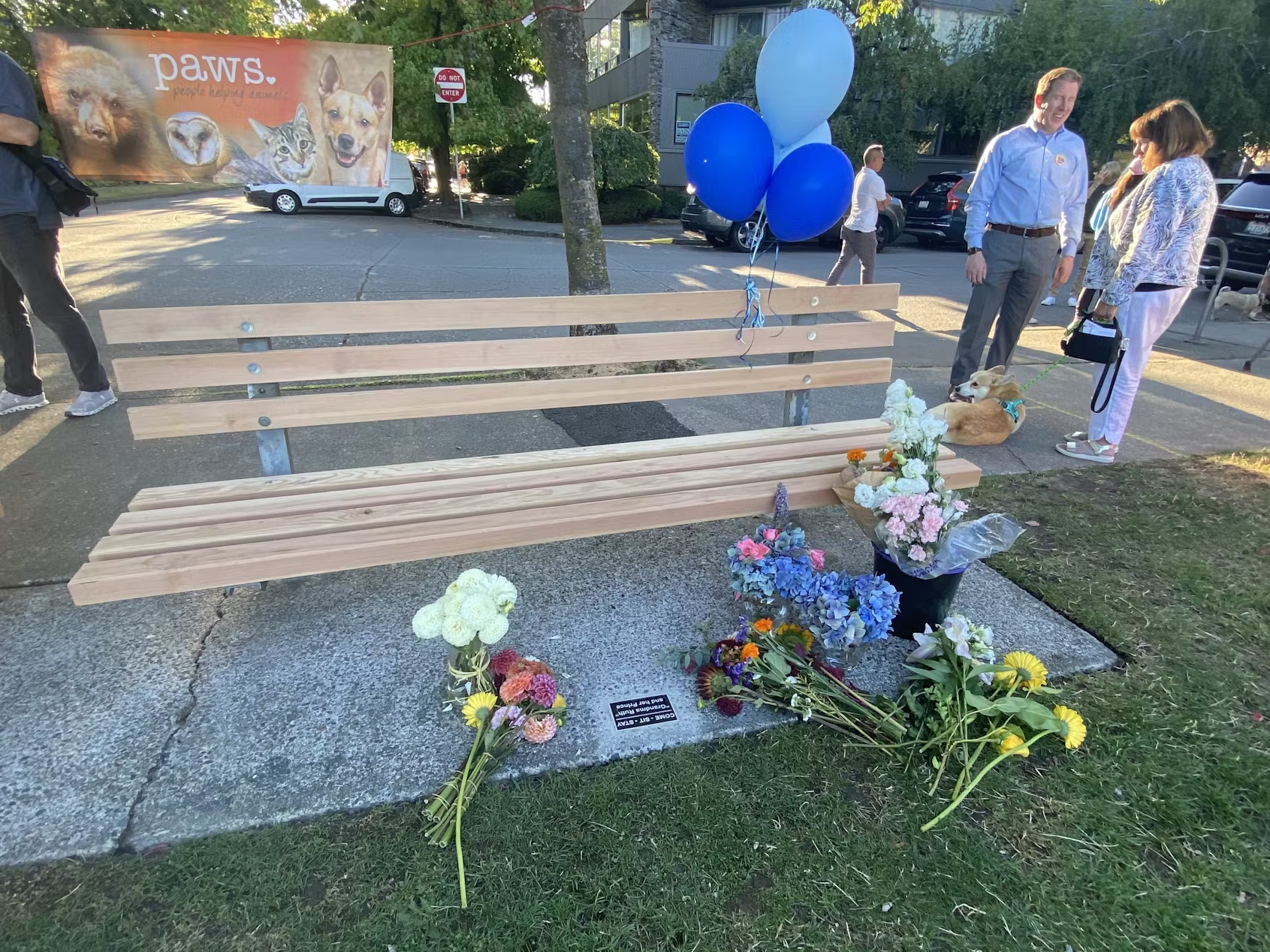
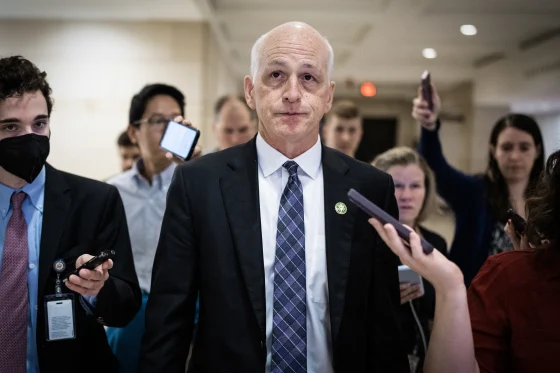
Leave a Reply